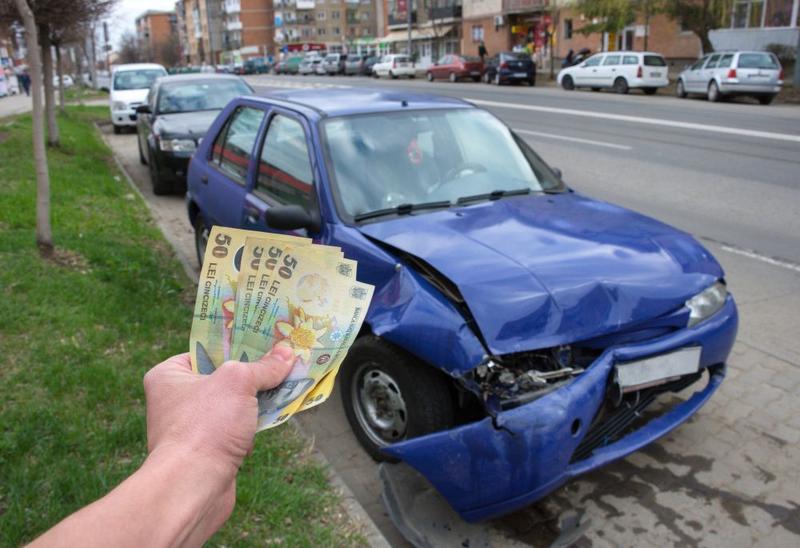Today's Romania is a democracy from Kafka's books, where rhetoric is mixed with demagogy and vulgar populism. This is the belief of Norman Manea, the writer who emigrated from Romania in 1986. He made the statement in an interview for Le Figaro.
"Romania is a weird combination of burlesque and Byzantinism. (...) 20 years after the fall of the tiran, we discover, as the dossiers are opened, than many respectable persons were dishonest. We discover that 80% of the priests trusted by people with confessions were Securitate collaborators", the writer says. His book, "The Clowns. The Dictator and the Artist", has been recently translated in French.
According to Le Figaro, Manea is the most translated Romanian writer worldwide. He lived both under the fascist and the communist dictatorships. His work is essential in understanding the Romanian tragedy from the 20th century, according to Bruno Corty, the writer of the article.
Much unlike the extraordinary Romanian folklore, "the politics is a disaster", Manea opinionated. "Imagine that one day after Ceausescu's death, four million PCR [Romanian Communist Party] members became hysteric anti-communists, obsessed and armed with an extraordinary hate. They felt guilty and wanted to prove the entire world that they treasured their freedom."
During the interview, the Romanian writer of Jewish origin discussed about the German writer born in Romania, Herta Muller, and the Nobel award for literature that she received this year.
Asked if the decision took him by surprise, he replied: "She was also surprised! It's funny that Herta did not learn Romanian until she was 15 and she recognised that she had nothing to do with Romanian literature", although her novels talk about Romania and dictatorship.
"You know, the Nobel is a hysteric national obsession. Romania is a frustrated country. But if I was awarded, it would be embarrassing. Imagine that a democratic reporter wrote in a literary newspaper that choosing a Romanian of German origin is an unfortunate relative in comparison to what it would have been to award the Nobel to a Romanian of Hungarian or Jewish origin", he says, concluding the interview.



















